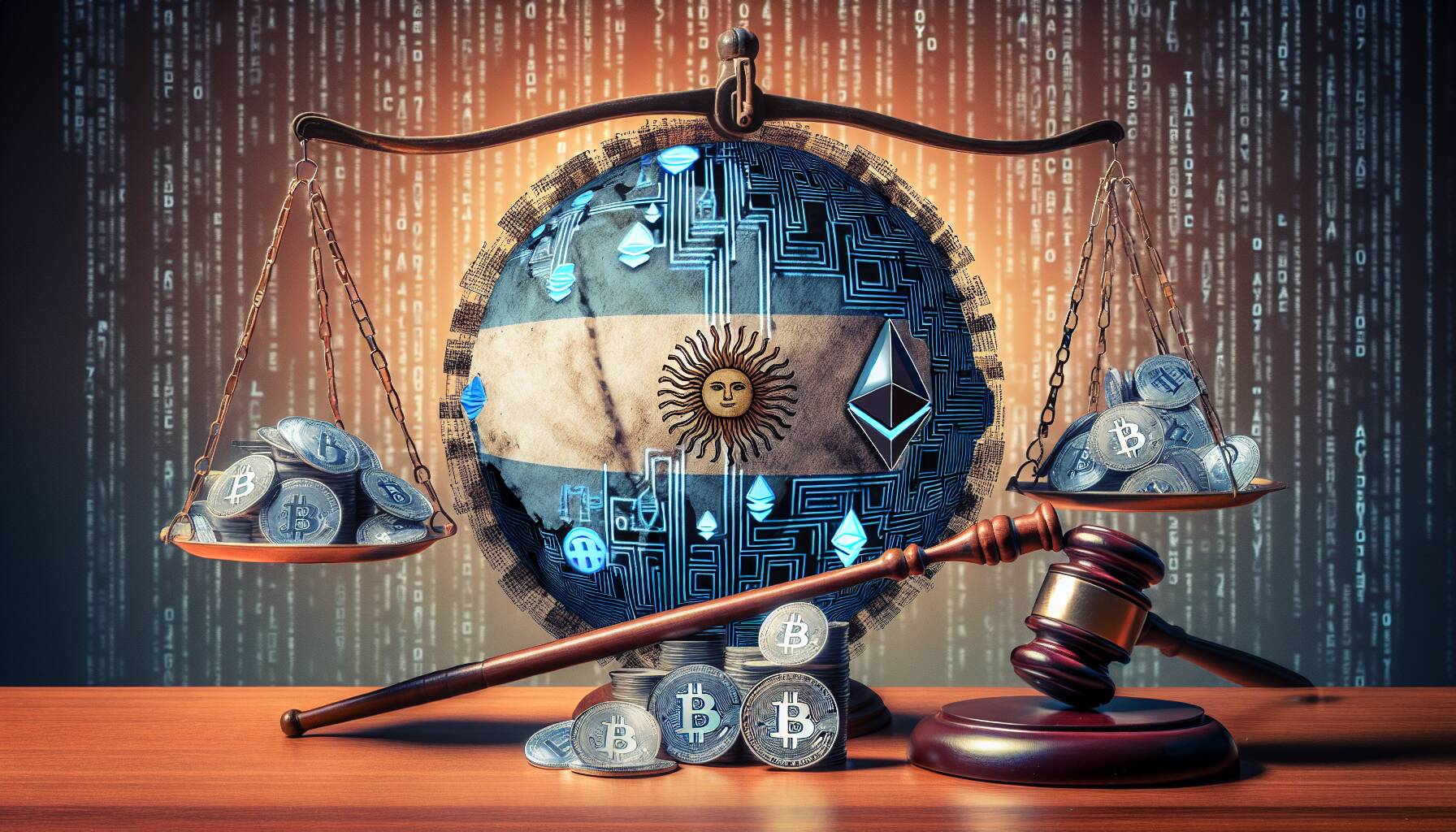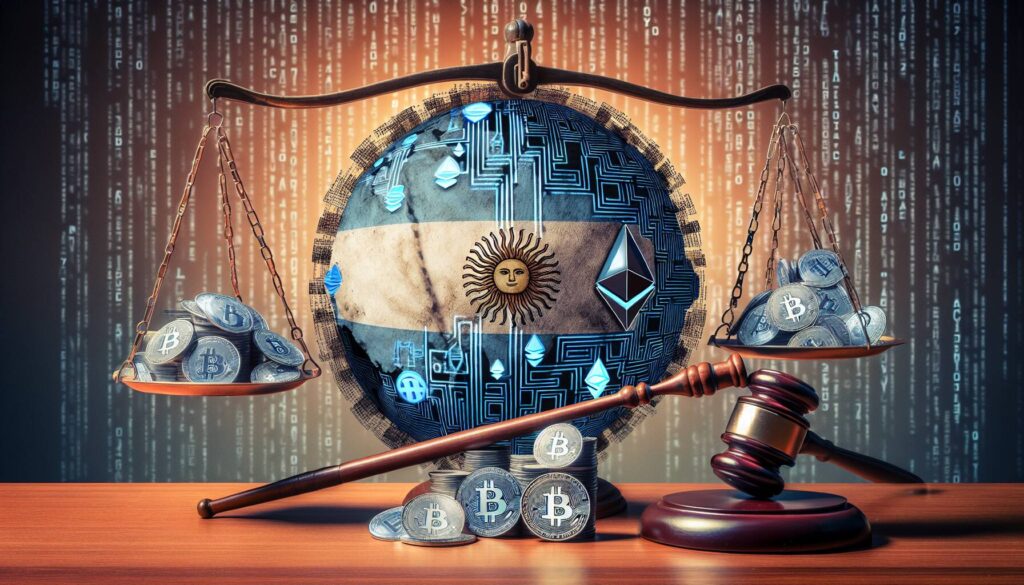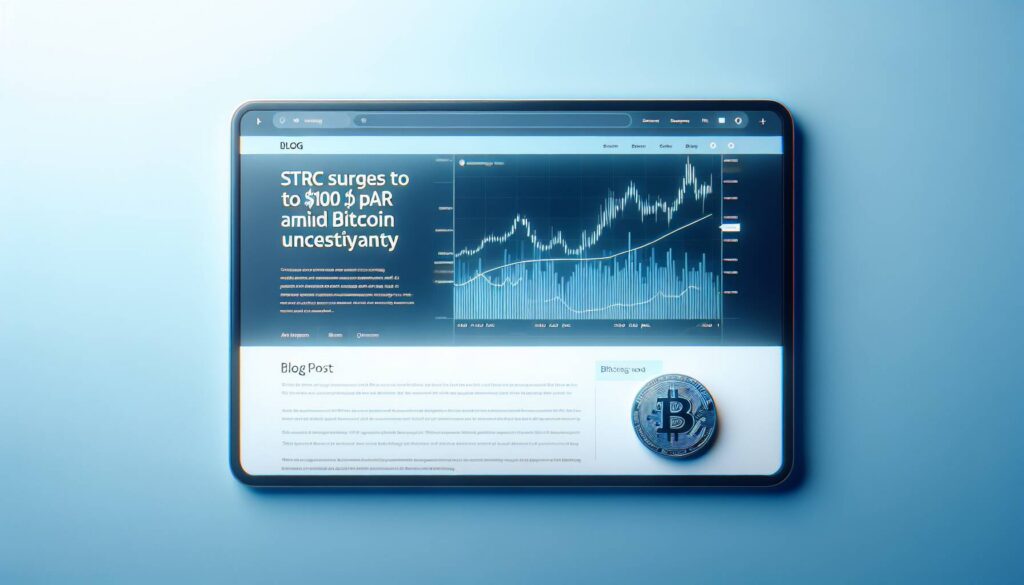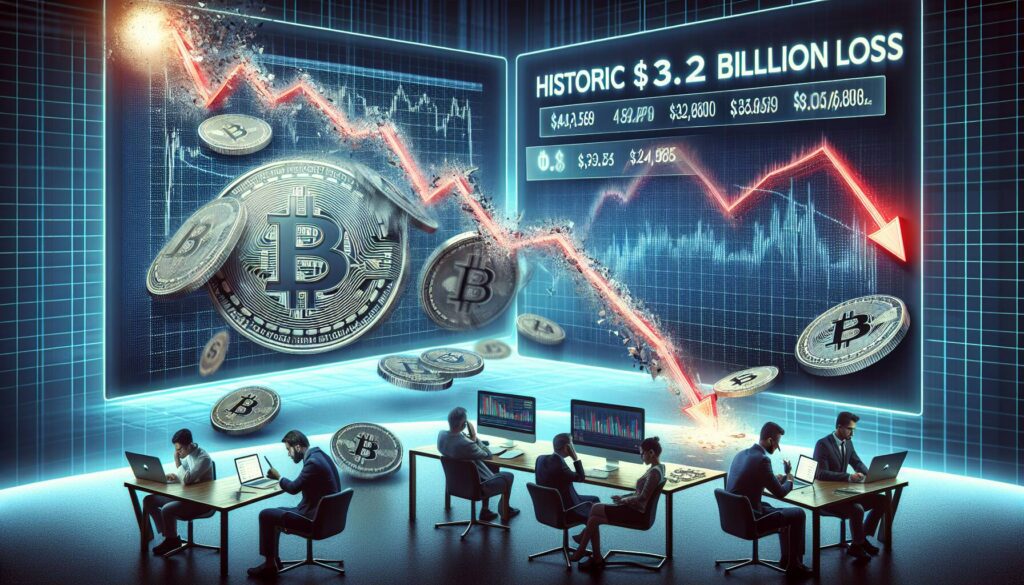The cryptocurrency landscape in Argentina is currently buzzing with controversy as lawyers are taking aim at President Javier Milei over allegations surrounding a dramatic drop in value of the Libra token. According to reports from the Associated Press, these legal actions stem from accusations of fraud against Milei, who is said to have communicated support for the token before its value plummeted following his withdrawal of backing. This incident has been labeled a ‘rug pull,’ a term often used in the crypto world to describe scenarios where investors are left stranded after sudden asset devaluation.
Milei’s office has responded to the situation, asserting that the president was not fully informed about the token’s details and had merely posted about it as part of his routine engagement with various entrepreneurial projects in Argentina. “The President shared a post on his personal accounts announcing the launch of KIP Protocol’s project, as he does daily with many entrepreneurs who wish to launch projects in Argentina to create jobs and attract investments,” the office emphasized, highlighting their informal support of local innovation.
As the situation unfolds, Milei has yet to face any formal charges. Prosecutors are scheduled to convene on Monday to decide whether the case warrants further investigation. Adding another layer of intrigue, on-chain analysts have suggested that the team behind the troubled Libra token might have connections to the Melania token, pointing to a pattern of similar digital wallets associated with both ventures.
This unfolding drama not only sheds light on the complexities of the cryptocurrency market but also raises questions about the responsibilities of public figures in endorsing digital projects that can heavily impact investor confidence.

Legal Actions Against President Javier Milei Over Libra Token Controversy
Recent developments in Argentina regarding the scandal surrounding the Libra token have significant implications for investors, the political landscape, and the cryptocurrency market. Here are the key points from the situation:
- Charges Pressed by Lawyers:
- Lawyers in Argentina are filing charges against President Javier Milei over the alleged ‘rug pull’ of the Libra token.
- The accusations include fraud, suggesting Milei’s actions caused the token to lose significant value for investors.
- Withdrawal of Support:
- Milei’s withdrawal of supportive communications about Libra is claimed to be a direct cause of the token’s decline.
- Investors feel misled, which raises questions about accountability in political endorsements of financial projects.
- Presidential Office’s Response:
- The President’s office maintains that Milei was unaware of specific details regarding the token and that the announcement was part of his routine support for startups.
- This raises concerns about due diligence and responsibility regarding public statements from political figures.
- Ongoing Investigations:
- Prosecutors are set to meet to assess whether the case holds enough grounds for formal charges against Milei.
- The outcome could influence public trust in political leaders and their associations with emerging financial products.
- Possible Connections to Other Tokens:
- Research indicates potential links between the Libra team and the Melania token, suggesting deeper issues in token management and responsible marketing.
- If connections are confirmed, this could lead to further scrutiny of similar tokens and their origins, affecting investor confidence in various projects.
This situation is not only a legal matter but also highlights the risks associated with cryptocurrency investments, especially when influenced by political figures.
Legal Challenges for Argentina’s President Amid Cryptocurrency Turmoil
The recent legal actions taken against Argentine President Javier Milei highlight an intricate intersection between politics and the burgeoning crypto market. Accusations of fraud following the ‘rug pull’ incident involving the Libra token raise significant questions regarding accountability in digital currencies and the responsibilities of public figures in promoting such ventures.
Comparatively, this situation echoes similar controversies observed in other nations, where governmental officials faced scrutiny over their involvement with crypto projects. For instance, controversies in countries like South Korea and the Philippines have seen politicians entangled in allegations of insider trading and fraudulent practices related to cryptocurrency. These cases often expose vulnerabilities in regulatory frameworks, creating an uneven playing field for both investors and entrepreneurs.
One notable advantage of this current scenario for investors is the heightened awareness it brings to investor protection. The press coverage surrounding Milei’s situation could press for stricter regulations in Argentina, potentially fostering a safer investment climate for the future. Such safeguards could benefit both local and international investors seeking stability in a volatile crypto market.
However, the downside manifests in the chilling effect this might have on innovation. As legal uncertainties loom, entrepreneurs could become hesitant to launch new projects, fearing potential backlash or legal ramifications. This stagnation poses a risk for Argentina, a country striving to attract investments and stimulate economic growth through technological advancement.
This ongoing saga could create problems for Milei, as public trust may erode amid accusations of negligence. Should the prosecutors decide to pursue this case further, it could detract from his governance and shift focus away from crucial policy initiatives. Additionally, the scrutiny surrounding the Libra token could deter future collaboration with innovative startups, posing a risk to his broader economic agenda.
In essence, while the heightened scrutiny of Milei’s actions may bolster investor protection in the short term, it could simultaneously stifle innovation and collaboration within Argentina’s evolving crypto scene, creating a complex landscape for both current stakeholders and future participants in this digital frontier.

















